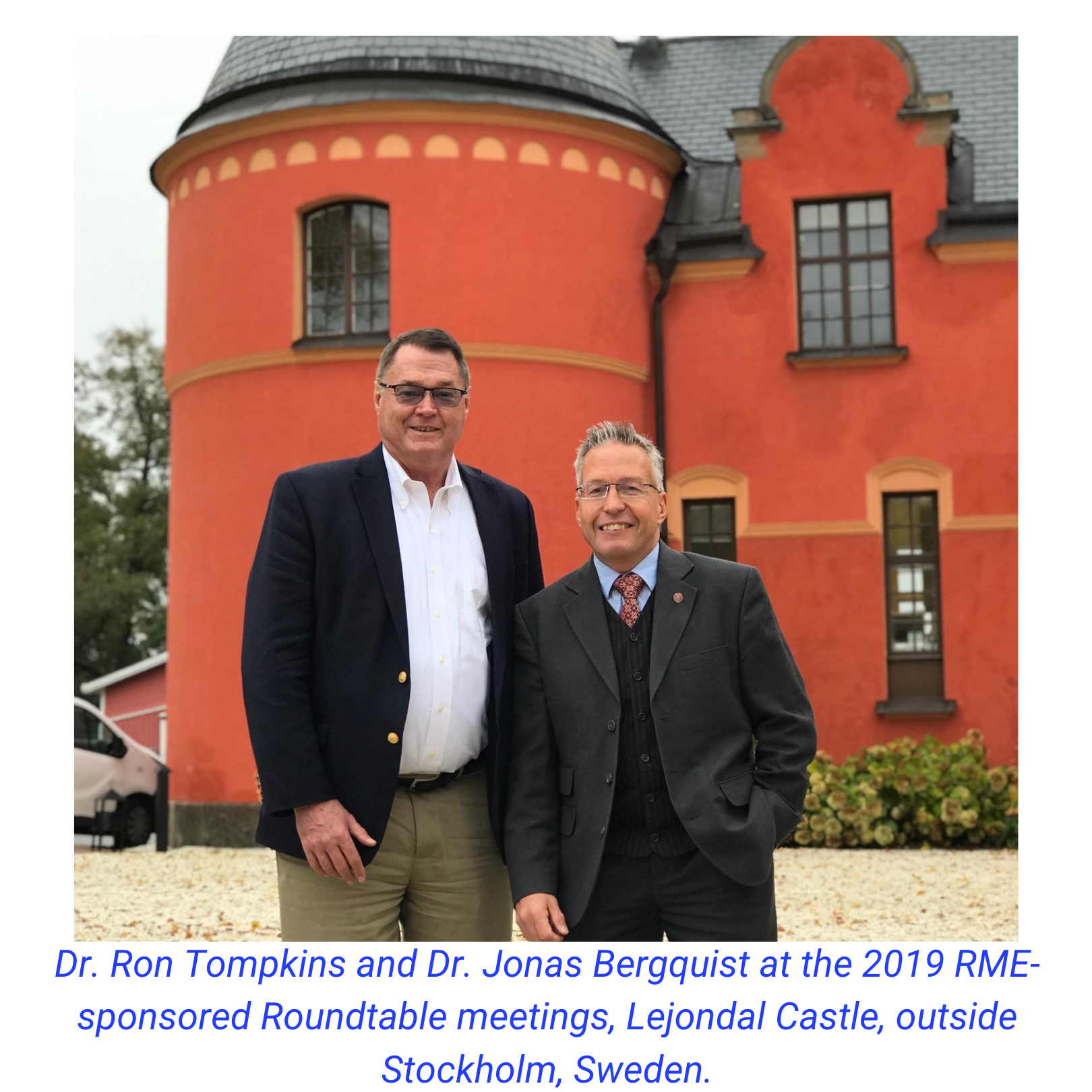Hi guys,
Exciting news: new study:
Inside the lab at the Collaborative Research Center at Uppsala University, Sweden
This study focuses on biomarkers for long-term neurocognitive outcomes. It provides an excellent opportunity to understand the mechanism of long-lasting viral-induced cognitive complications, commonly referred to as "brain fog." Brain fog is one of the significant symptoms of those suffering from Myalgic Encephalomyelitis/chronic fatigue syndrome (ME/CFS) and is also seen in patients with herpes simplex encephalitis (HSE).
About the Study
Objectives:
Investigate the correlation between biomarkers for brain inflammation and long-term neurocognitive outcomes in patients with herpes simplex encephalitis (HSE).
Method:
Fifty patients with Herpes Simplex Encephalitis (HSE) had blood and cerebrospinal fluid (CSF) sampled at three separate intervals - while in ICU, two weeks later and three months later. During these three months, all 50 patients appear to suffer from post-viral fatigue syndrome (PVFS), and many are expected to qualify for ME/CFS diagnosis at six months.
Markers of neuroinflammation will be measured in the CSF, while markers of altered metabolism will be identified in the blood. These markers will be correlated to symptom expression. A panel of markers from each time point will be used to biologically distinguish those that develop ME/CFS from those that do not.
 Conclusions:
Conclusions:
Our findings could give predictive evidence of long term neurocognitive outcomes in HSE and suggest a causative chain of events where brain tissue damage increases the risk of subsequent prolongation of CSF inflammation and post-viral fatigue. The data could guide a future intervention study of immunosuppressive therapy administered in the recovery phase of HSE and other viral infections with neurological sequelae.
This study reveals why OMF uses the word "Collaborative” to describe the research that we fund! Our guiding philosophy is that a collaborative approach accelerates research.
In the words of OMF founder and CEO Linda Tannenbaum:
"We are delighted to fund this important project, which allows for collaboration between the Uppsala and Harvard Collaborative Research Centers.
We want to thank our OMF family, whose support and advocacy make our research possible."
OMF is a proud sponsor of the
IACFS/ME 2020 Virtual Conference
The International Association for Chronic Fatigue Syndrome / Myalgic Encephalomyelitis (IACFS/ME) has announced its first virtual research conference to be held on August 21, 2020, at 10 am EDT.
The conference will focus on biomedical, public health, and behavioral aspects of ME/CFS and associated comorbidities. OMF's Chief Medical Officer, Dr. Ronald Tompkins, will be speaking on the conversion of COVID-19 patients to people with ME/CFS.
A portion of the meeting will also be devoted to COVID-19 and its relevance to ME/CFS research and clinical care.
Exciting news: new study:
From the Desk of Ronald G. Tompkins, MD, ScD
OMF Chief Medical Officer
OMF Chief Medical Officer
Open Medicine Foundation (OMF) is excited to announce a new collaborative study between the ME/CFS Collaborative Research Center at Uppsala, Sweden and the Harvard ME/CFS Collaboration.Inside the lab at the Collaborative Research Center at Uppsala University, Sweden
This study focuses on biomarkers for long-term neurocognitive outcomes. It provides an excellent opportunity to understand the mechanism of long-lasting viral-induced cognitive complications, commonly referred to as "brain fog." Brain fog is one of the significant symptoms of those suffering from Myalgic Encephalomyelitis/chronic fatigue syndrome (ME/CFS) and is also seen in patients with herpes simplex encephalitis (HSE).
About the Study
Objectives:
Investigate the correlation between biomarkers for brain inflammation and long-term neurocognitive outcomes in patients with herpes simplex encephalitis (HSE).
Method:
Fifty patients with Herpes Simplex Encephalitis (HSE) had blood and cerebrospinal fluid (CSF) sampled at three separate intervals - while in ICU, two weeks later and three months later. During these three months, all 50 patients appear to suffer from post-viral fatigue syndrome (PVFS), and many are expected to qualify for ME/CFS diagnosis at six months.
Markers of neuroinflammation will be measured in the CSF, while markers of altered metabolism will be identified in the blood. These markers will be correlated to symptom expression. A panel of markers from each time point will be used to biologically distinguish those that develop ME/CFS from those that do not.

Our findings could give predictive evidence of long term neurocognitive outcomes in HSE and suggest a causative chain of events where brain tissue damage increases the risk of subsequent prolongation of CSF inflammation and post-viral fatigue. The data could guide a future intervention study of immunosuppressive therapy administered in the recovery phase of HSE and other viral infections with neurological sequelae.
This study reveals why OMF uses the word "Collaborative” to describe the research that we fund! Our guiding philosophy is that a collaborative approach accelerates research.
In the words of OMF founder and CEO Linda Tannenbaum:
"We are delighted to fund this important project, which allows for collaboration between the Uppsala and Harvard Collaborative Research Centers.
We want to thank our OMF family, whose support and advocacy make our research possible."
OMF is a proud sponsor of the
IACFS/ME 2020 Virtual Conference
The conference will focus on biomedical, public health, and behavioral aspects of ME/CFS and associated comorbidities. OMF's Chief Medical Officer, Dr. Ronald Tompkins, will be speaking on the conversion of COVID-19 patients to people with ME/CFS.
A portion of the meeting will also be devoted to COVID-19 and its relevance to ME/CFS research and clinical care.
View the full conference schedule
Learn more or register today
If you are able, please consider contributing to our effort to
uncover research-based answers.
Help us improve the quality of life for all sufferers of ME/CFS and other
chronic complex diseases, such as Post Treatment Lyme Disease Syndrome
and Fibromyalgia.
Learn more or register today
If you are able, please consider contributing to our effort to
uncover research-based answers.
Help us improve the quality of life for all sufferers of ME/CFS and other
chronic complex diseases, such as Post Treatment Lyme Disease Syndrome
and Fibromyalgia.
